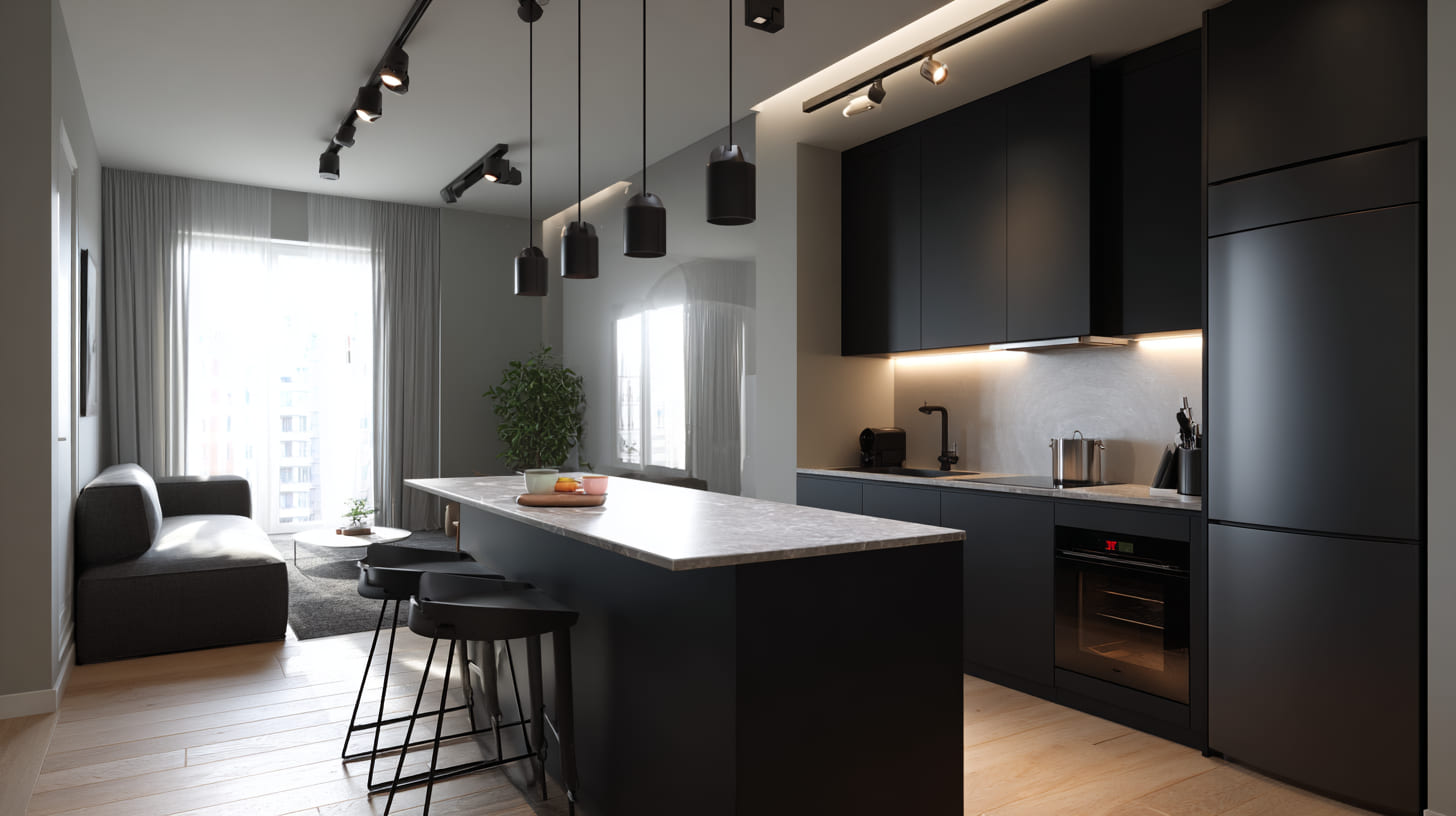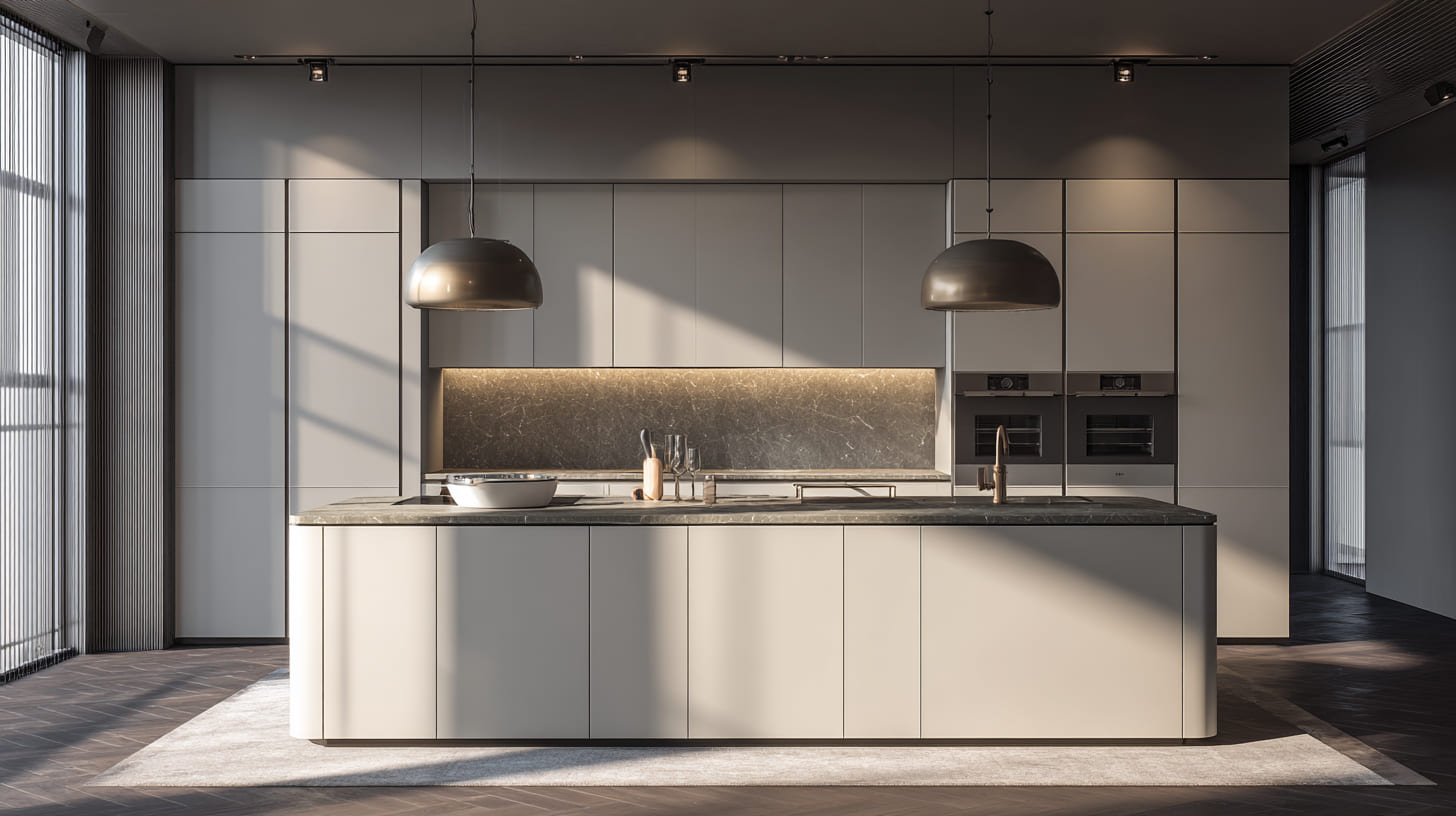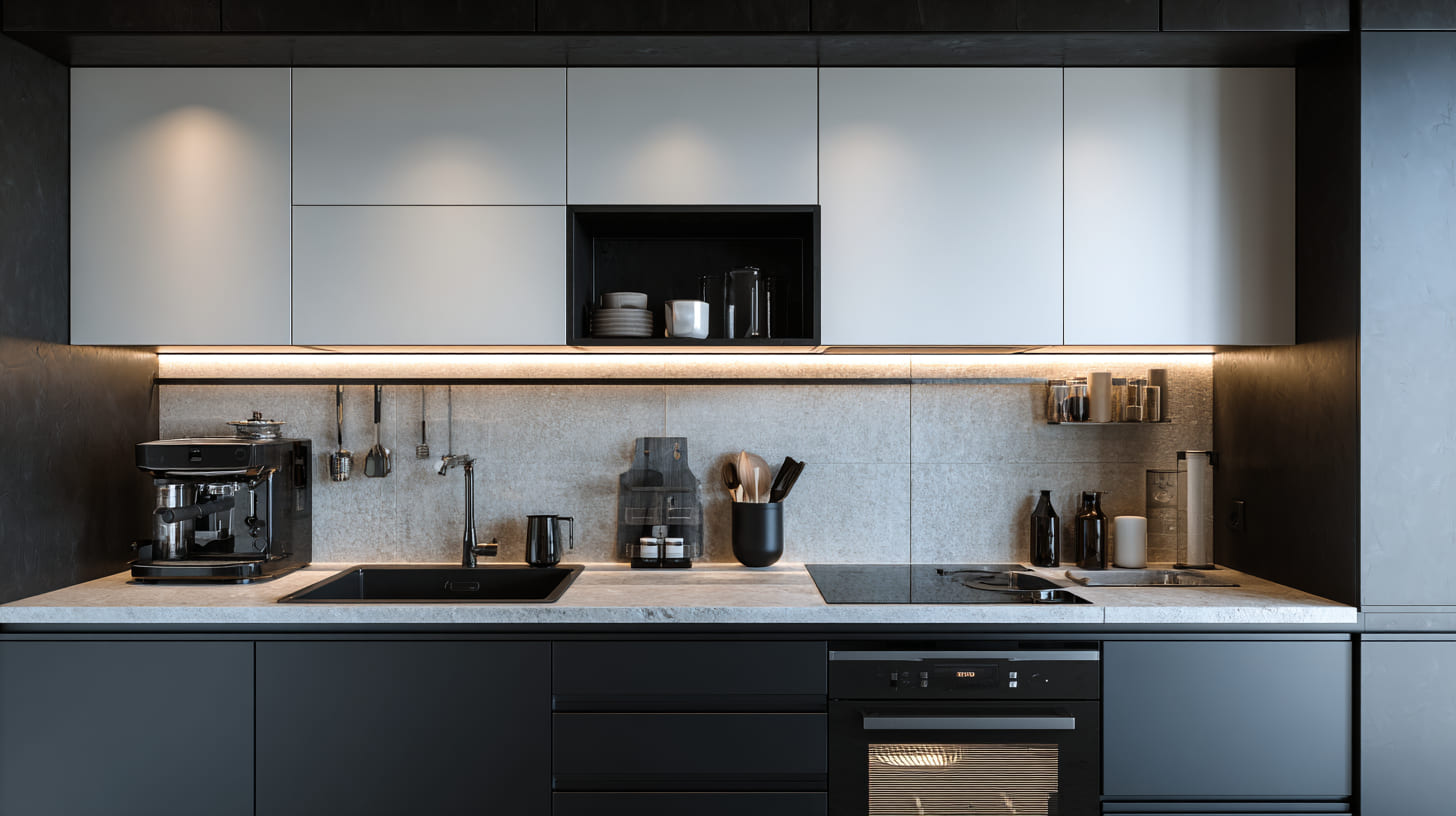Renovating common areas in residential communities is a shared responsibility that directly impacts the quality of life of all residents. It not only improves the aesthetic appearance and functionality of common spaces, but also ensures compliance with legal regulations, especially regarding accessibility and safety.
Below, we explain everything you need to know to carry out these renovations efficiently and smoothly.
What is considered a Common Area in a Homeowners' Association?
Common areas are defined as spaces shared by all residents, such as entrances, stairwells, hallways, elevators, roofs, facades, gardens, patios, swimming pools, and communal storage rooms. These areas must be kept in good condition and require periodic maintenance to preserve the building's habitability and value.
Why is it important to renovate common areas?
Aesthetic and functional improvement
Renovating common areas helps create a more pleasant, safe, and functional environment for everyone. A well-executed visual improvement creates a sense of comfort and encourages the proper use of shared spaces.
Revaluation of the property
A well-maintained community increases the value of each property. This is especially important for those looking to sell or rent their home, as well-maintained common areas are a great added value.
Legal compliance
Renovations are also key to adapting the community to current regulations regarding accessibility, energy efficiency, and structural safety. This includes installing ramps and elevators, improving lighting, and renovating roofs and facades.
Legal aspects to take into account
Applicable regulations: Horizontal Property Law
- All common structural elements (facades, roofs, portals, etc.) are the responsibility of the community.
- Decisions regarding works must be approved by a meeting, with simple or qualified majorities depending on the type of intervention.
- Each owner pays according to their participation coefficient, unless otherwise agreed.
- Accessibility projects for people with reduced mobility have legal priority, even if the usual quorum is not met.
Quorum required to approve reforms
- Ordinary works (maintenance): simple majority.
- Non-essential improvement works: qualified majority (3/5 parts).
- Works required by law or accessibility: 1/3 will be sufficient if there are affected neighbors.
Obligations of the owners
- Attend and participate in meetings.
- Contribute financially to the approved reforms.
- Use common areas responsibly.
- Meet the payment deadlines agreed upon at the meeting.
Most common types of renovations in residential communities
Renovation of portals and accesses
Measures that promote universal accessibility, such as automatic doors, non-slip floors, and improved lighting, are prioritized.
Improving energy efficiency
It includes LED lighting installations, thermal insulation systems, double glazing, and solar panels, which reduce energy consumption and utility bills.
Installation of elevators and ramps
Essential for improving the mobility of elderly or disabled people and facilitating access to all levels of the building.
Rehabilitation of facades and roofs
These interventions guarantee the structural safety of the building and prevent problems with leaks, collapse, or dampness.
Keys to planning a conflict-free renovation
Transparent communication
Inform all residents in advance about the scope of the renovation, its benefits, and the process. Transparency is the foundation for achieving the necessary consensus.
Clear and detailed budget
Prepare a detailed and realistic budget, specifying the costs by item and the corresponding fees for each owner.
Hiring qualified professionals
It's essential to have a specialized company that guarantees quality, deadlines, and comprehensive technical advice throughout the entire project.
Execution schedule
Agreeing on reasonable work schedules minimizes disruptions and facilitates coexistence. The contracted company should provide a construction plan with specific dates and clear schedules.
At Tecnic Project, we are specialists in renovations for residential communities in Mallorca.
At Tecnic Project we offer a comprehensive service of reforms for communities of property owners in Mallorca. Request your personalized, no-obligation quote and transform your building's common areas into safe, accessible, and aesthetically impeccable spaces.




